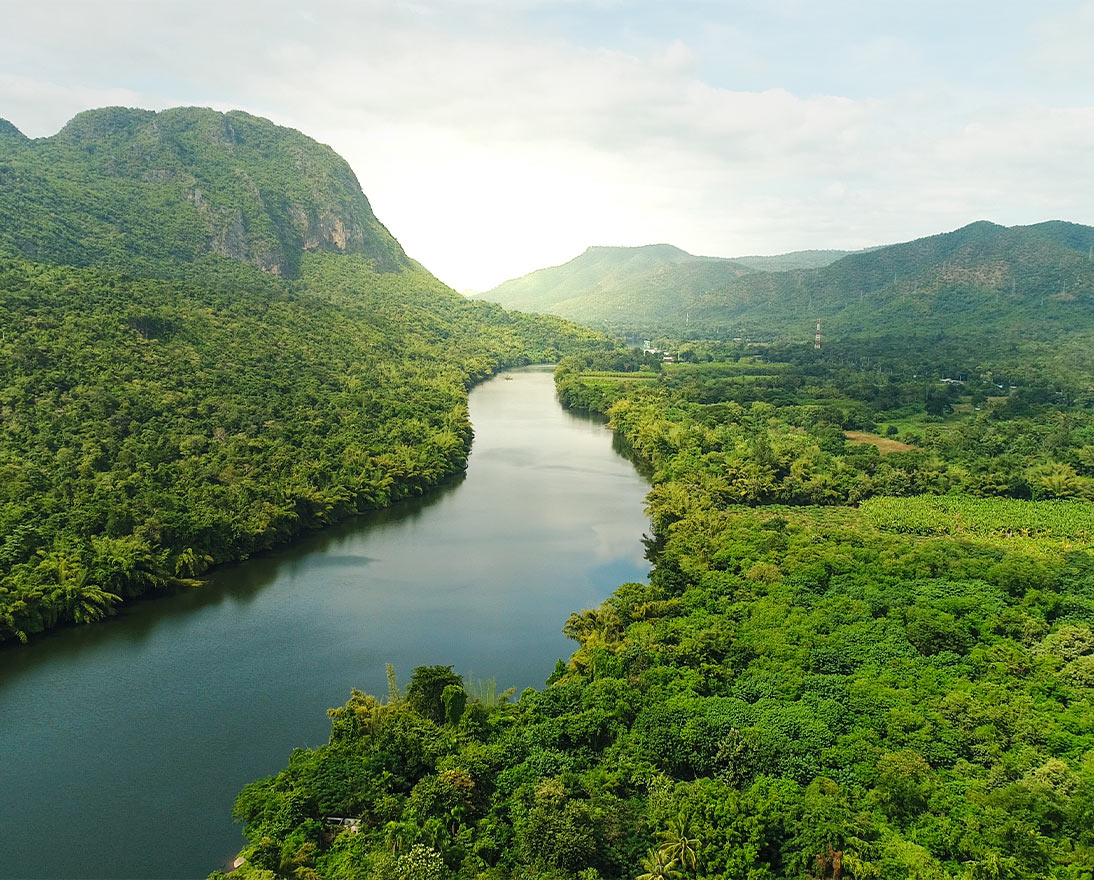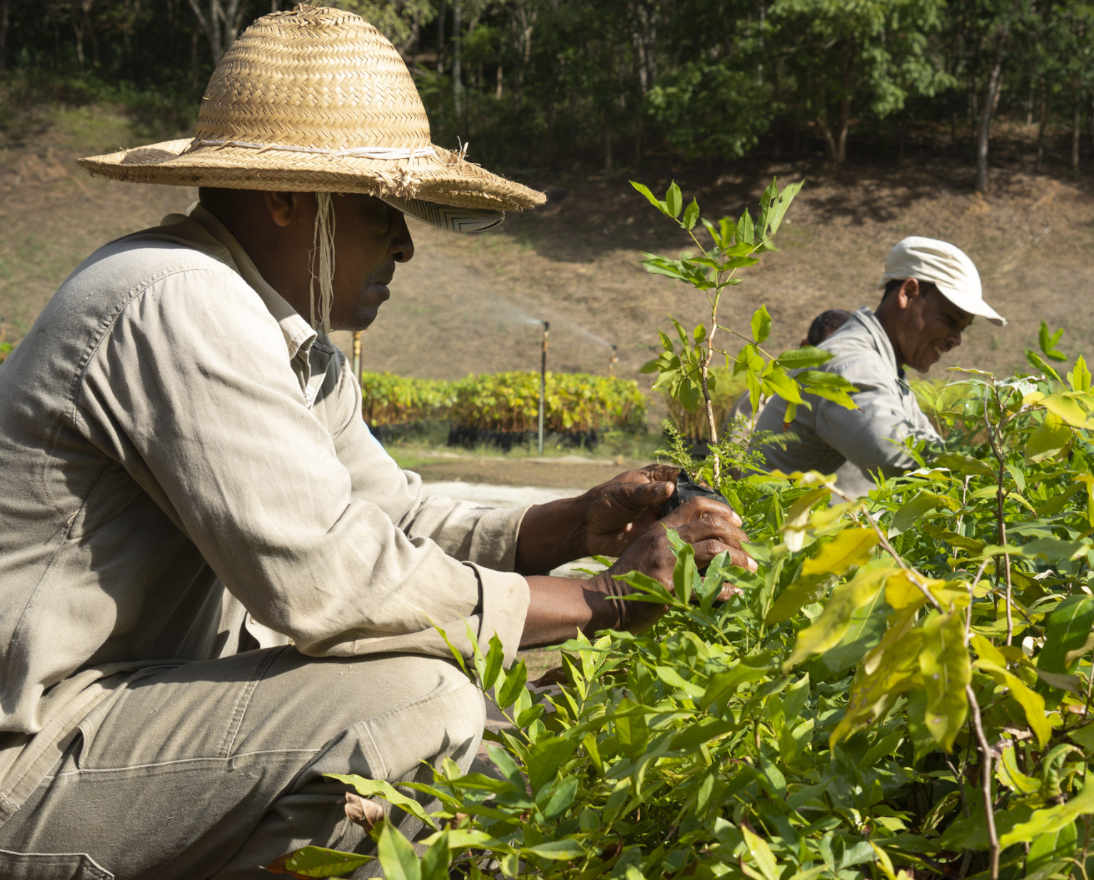
Without rain there is no life
A relatively short and extremely unpredictable rainy season presents an annual window of opportunity for the team at Instituto Terra to plant more of the one million seedlings that the Zurich Forest project is supporting.
By Justin Robbins
No planting season is identical to the last. Each year presents new obstacles to the Instituto Terra team, a non-profit organization dedicated to reawakening parts of the once mighty Atlantic Forest in the Doce river valley region of Brazil. Maybe the biggest and most unpredictable obstacle is just how long the rainy season will last.
In 2022, the volume of rainfall was 18 percent less than the previous year and was mostly concentrated into December, rather than spread out across several months, according to data collected by the Institute’s rain gauges. As planting season starts at the beginning of the rainy season, the pressure is on as soon as rain arrives.
To maximize the opportunity for success, planting team members undergo meticulous training and risk management to reduce the chance of accidents and avoidable delays caused by human error. Environmental consultants are also constantly on hand to support the ongoing restoration process.
Addressing climate change
Land restoration is one of the best ways to address our climate challenges by rebuilding functioning biodiverse habitats. Restoration supports vulnerable communities in many ways, it builds resilience and creates employment opportunities. It can also help to increase water infiltration and retention, which in turn increases agricultural production. It’s estimated that such measures would reduce the millions of people at risk of being displaced by drought by 2030.
However, it’s not simply just a case of planting seedlings once the rainy season arrives. The rain encourages grasses (weeds) to grow rapidly, which can suffocate the seedlings and compete for water and nutrients. Preparing the soil, collecting seedlings and deciding which tree species to plant are all critical parts of growing a forest – a very strategic process that requires meticulous planning and constant monitoring.
Josiel Veloso Soares is a garden worker at Instituto Terra. He’s worked on all kind of plantations: coffee, tomatoes and passion fruit, to name a few. After having only temporary jobs since the age of 14, Josiel has been enjoying the stability of a permanent role for the past eight months. He sees it as an opportunity to make a positive difference in the world.
“The damage of deforestation and its consequences, such as drought, are a very real threat here in Brazil. Working here is a way of helping the planet,” he says.
The atmosphere, the earth, the water and the water cycle - those things are good gifts.
The ecosystems, the ecosphere, those are good gifts.
We have to regard them as gifts because we couldn't make them.
We have to regard them as good gifts because we couldn't live without them.
Wendell Berry - American novelist and environmental activist


